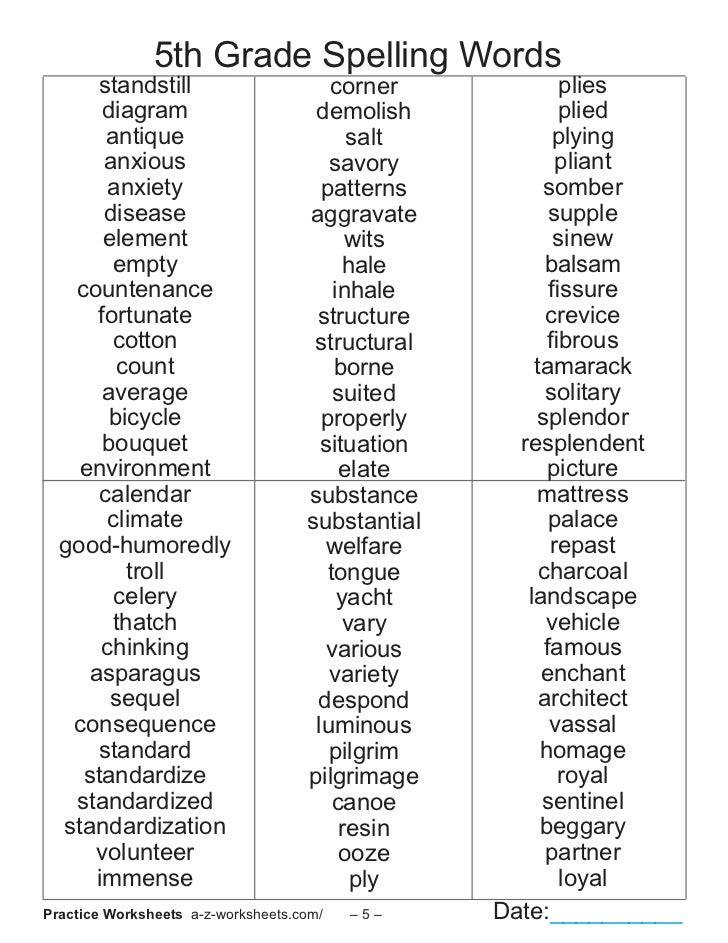

She was dinged after missing the “ch” and trying “splanknology.” But other times, even when a word smells like it might have a hard “ch,” it does not. In 2001, Alex French was posed the bizarre word splanchnology, a branch of anatomy.

In many cases, “ch” makes a hard k sound. The “ch” combination can wreak all sorts of other havoc in the bee. In 2015, Siyona Mishra misspelled haček as “hachek.” Irony of ironies, a haček is the diacritical mark that is used to modify the sound of the “c” to a ch sound and appears in the word haček itself. Not a single speller got it right each contestant opted for “ moncheur” or “mauncher.” A lone “c” can also make the sound. Same story goes for monture (a setting for a jewel), which has been posed three times at the bee since 1996. The problem is that the sound can also be made by other letters - the “t” in cloture, for example. The ch sound, like in “checkers” or “chess,” can also cause issues for spellers. Latke comes from the Ukrainian oladka - somewhere along the line, the schwa shifted its spelling from “a” to “e.” Spelling is hard. Knowing that an atticism is a characteristic of Attic Greek could help you pin down that “i.” If you were aware that mērós was ancient Greek for thigh and that -algia was a suffix meaning pain, you could nail that “e.”īut sometimes not even ancient or etymological knowledge can save you. In Ben’s case, knowing that patulous is an adjective that means spreading widely from a center and that -ous is an adjectival suffix meaning that something possesses a given quality could’ve revealed the nature of that particular schwa. There are many more possible words in the National Spelling Bee, though, so it helps to have context when deciphering a bee word’s schwa. If you tried to memorize 100,000 words and their individual stories, you’d likely go insane. The top players have them down cold, but it’s the cold of a vacuum - the words are stripped of their etymological or historical context. In competitive Scrabble, there are something like 100,000 playable words. Things like the schwa separate the spelling bee from other spelling-intensive pursuits like, say, Scrabble. And the spreads of correctly spelled and misspelled words across the number of letters look quite similar. The average length of correctly spelled words is 8.91, while the average length of incorrectly spelled words is 8.95. The median length of all words posed in the bee since 1996 is nine letters. So what effect does word length have on bee performance? Not much, it seems. It’d likely be a cinch for any serious bee contender. But it’s made up of logical, straightforward pieces with familiar lexicographic constructions - ultra meaning extreme, micro meaning small, -osis meaning disease, and so on. For example, pneumonoultramicroscopicsilicovolcanoconiosis (45 letters) appears in Merriam-Webster and thus could be posed in the bee. But in reality, many super-long words are technical or scientific in nature and often follow rules that are familiar to good spellers. The schoolyard logic remains appealing on some level: more letters, more opportunities for error. It was also received fact that longer words were harder to spell, which meant that that 28-letter beast was nigh impossible. When I was growing up, playground canon held that antidisestablishmentarianism (28 letters) was the longest word. Tip 1: Don’t be intimidated by word length To help your own study habits - or make you thankful you never attempted a spelling career - I’ve put together a cheat sheet of eight spelling bee tips.

I found a gantlet of potential pitfalls - including capricious vowel sounds and obscure double meanings. I sifted through all 21 years’ worth of errors, 3 looking for reasons that some of the best spellers in the world stumbled when the stakes were highest. This year, yet more words will be plucked from 470,000-odd options in Merriam-Webster’s unabridged dictionary. Twenty-five percent of those words, over 3,500, have been misspelled. Since 1996, young spellers have attempted to spell over 14,000 words 2 - from abactor to zymurgy. But most of the young spellers will go home empty-handed, victims of the bee’s wicked bell, which dings whenever a mistake is made. The winner will receive a $40,000 cash prize, a Merriam-Webster reference library (as if they need it), an Encyclopædia Britannica and an appearance on Jimmy Kimmel. 1 The bee, which began in 1925, is the highest-profile spelling contest in the country. This week, 291 children, ranging from a single kindergartner to 124 eighth-graders, will assemble in National Harbor, Maryland, for the Scripps National Spelling Bee.


 0 kommentar(er)
0 kommentar(er)
